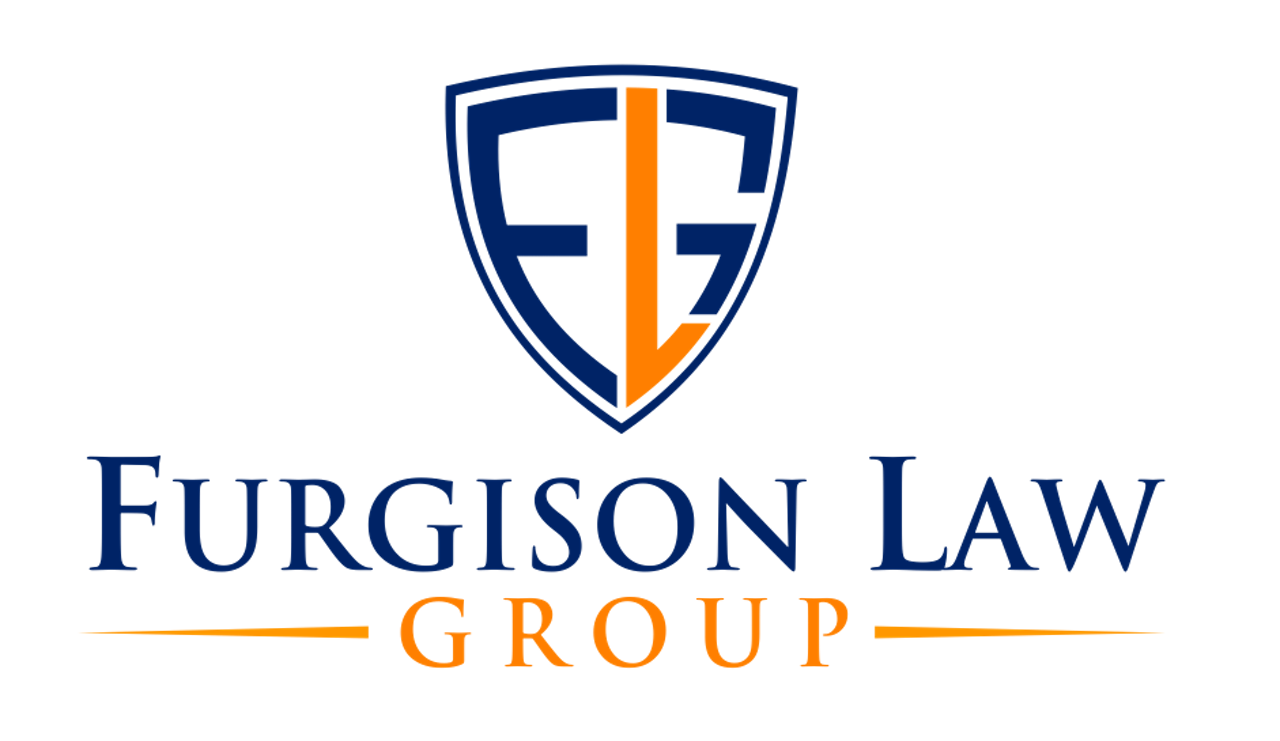Frequently Asked Questions - Securities Arbitration
What do I do if I suffered a significant investment loss?
What is FINRA?
The Financial Industry Regulatory Authority ("FINRA") is an independent, not-for-profit organization committed to protecting investors and market integrity. Although it is not part of the United States government, Congress has authorized FINRA to independently regulate the securities industry in order to make certain that it operates fairly and honestly. FINRA is the largest independent regulator for securities firms in the U.S. and it operates the largest dispute resolution forum in the securities industry (FINRA Dispute Resolution).
What is Securities Arbitration?
Securities arbitration is a dispute resolution process which involves a neutral third party to act as both judge and jury. In disputes with financial advisers and brokerage firms, arbitration is the method most frequently used to resolve investors’ grievances. The arbitration panel is comprised of one to three arbitrators depending upon the amount and type of relief requested, jointly selected by the parties through an arbitrator selection process. The arbitration panel will hear the case and reach a decision called an “award.”
Investors can work with a securities arbitration attorney to prepare and file a Statement of Claim to initiate the process. The Statement of Claim sets forth the facts of the case and the specific relief the investor is requesting. The process is considerably faster than state or federal court litigation and claims can often be heard within a year of being filed. Arbitration is also usually less costly than litigation. The arbitration panel’s award is final and binding upon the parties unless it is successfully challenged in court.
How long will the case take?
The arbitration process normally takes about a year to year and one-half from start to finish, but this length of time is usually shorter than a court trial would be on the same matter. This timeline can vary based on many factors, including the number of parties involved and scheduling issues with the arbitrators. FINRA Dispute Resolution also has a program in which they will expedite the administration of a case if the Claimant is elderly or seriously ill.
How much does your firm charge in attorneys fees?
Our FINRA arbitration attorneys typically work on a contingency fee basis; if you recover nothing, you pay no legal fees. However, if you do recover your claim or any portion of your claim, you are responsible for paying Furgison Law Group a percentage of the amount recovered. This ensures that our firm’s interests are closely aligned with our clients’ interests.
Will I be charged for receiving a case evaluation with your firm?
We offer free, confidential consultations for all potential clients. If you are considering hiring our firm, please contact us now for your free case evaluation, and learn more about our firm’s process and whether we may be the best choice for you.
What are the costs associated with arbitration?
In pursuing an arbitration claim, an investor is responsible for certain expenses. Those expenses include filing fees, discovery costs, the cost of preparing exhibits and if the matter is not settled prior to arbitration, the costs of hiring expert witnesses and FINRA hearing fees. A securities fraud law firm with adequate resources, like Furgison Law Group, will advance certain expenses on behalf of certain of its clients.
FINRA lists all information regarding it fees on its website. FINRA even provides an arbitration fee calculator that uses your claim type, relief requested, arbitration method, and filing fees to determine an estimated total fee. The filing fees are usually about $1,500. FINRA will waive the filing fee in cases of extreme financial hardship. For a more precise estimate of arbitration fees, we invite you to contact Furgison Law Group today.
How long do I have to file my claim?
According to FINRA Rule 12206, an investor has six years “from the occurrence or event giving rise to the claim” to file an action with FINRA. If the arbitration panel assigned to a case dismisses the case as untimely, the investor may pursue the claim in court. The exact timing depends on the facts of each case and the clock may start to run when the losses were incurred or at the date of discovery. Other cases involve the continued concealment of misconduct by the broker and further extend the eligibility period. You should contact our attorneys immediately to evaluate whether your claim is still viable.
Is arbitration my only option?
When opening an account with a brokerage firm, investors must sign a New Account Form. Most of these contracts include a pre-dispute arbitration clause. This clause requires investors to submit any disputes with their brokers to arbitration rather than pursue litigation. Courts routinely approve and enforce these agreements as valid. Accordingly, if you have a dispute with your broker, you are likely required to pursue your recovery through FINRA arbitration.
Where will the arbitration take place?
Arbitration hearings are usually held in cities in the same states as the involved investors, either at a regional FINRA office or a nearby office building or hotel.
Does the Furgison Law Group handle arbitration hearings near me?
The FINRA arbitration lawyers at Furgison Law Group handle arbitration hearings nationwide. FINRA arbitrations and pre-conference hearings take place close to where the investor lives. We are based out of Southern California, but we have the ability to travel to any state to represent defrauded investors at these hearings.
Can I settle my claim with the brokerage firm without hiring a lawyer?
If you are involved in a dispute with your financial adviser or brokerage firm, we strongly recommend that you consider seeking legal counsel that is familiar with securities arbitration immediately. You should keep in mind that brokers and their firms are almost always represented by counsel when resolving customer disputes, and attorneys with a background in securities law will have experience that most investors are unlikely to have.
It is the standard operating procedure of the brokerage firms to deny most customer complaints that come in the door. If you are going to hire an attorney, do so as soon as possible. DO NOT talk to the brokerage firm except through an attorney. This includes e-mails. Talking to the brokerage firm is one of the biggest mistakes investors make.
What are my odds of winning?
According to the Securities Arbitration Commentator, a periodical publication which has studied the statistics of securities arbitration cases, 80% of all customer cases settle in favor of the investor prior to the rendering of an arbitration award. Over half of the remaining 20% that do not settle prior to arbitration result in an award to the customer.
We cannot provide assurance that there will be a recovery in any particular arbitration proceeding. However, we only take cases that we are confident we will win. Because we only get paid on the cases that we win, we are very selective with the cases that we take.
What is securities fraud?
Securities fraud is a broad term that includes many specific types of fraud. A broad definition applicable to many of the cases we file is any type of misrepresentation or omission of material facts by a securities agent (broker, financial adviser, etc.) that leads investors to purchase or sell investments without full knowledge of risks, often leading to significant losses for the uninformed investors.
What are the most common types of securities fraud and broker misconduct?
Below is a partial list of the types of securities fraud we most often encounter at Furgison Law Group (click links to learn more):
- Stock Broker Fraud
- Misrepresentations and Omissions
- Selling Away
- Ponzi Schemes
- Unsuitable Investments
- Negligence
- Churning
- Over-concentration
- Failure to Supervise
- Breach of Fiduciary Duty
- Breach of Promise/Contract
- Lack of Due Diligence
- Real Estate Securities
- Violations of Securities Laws


